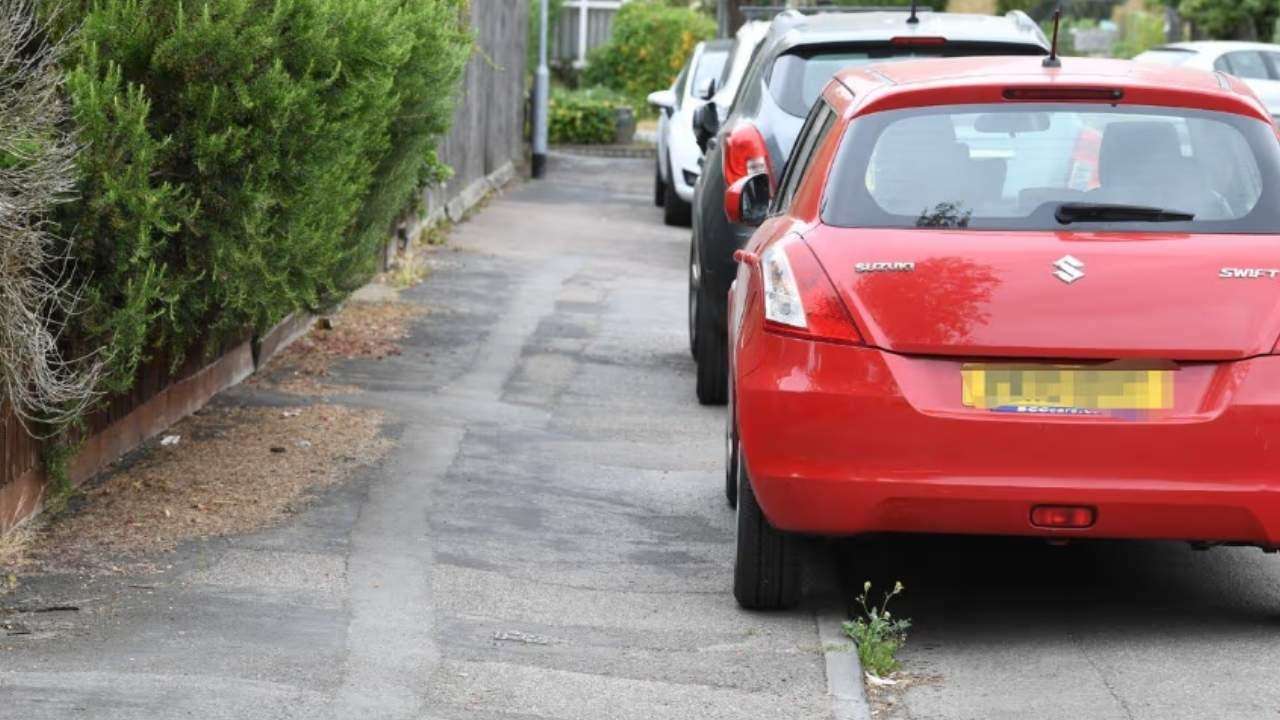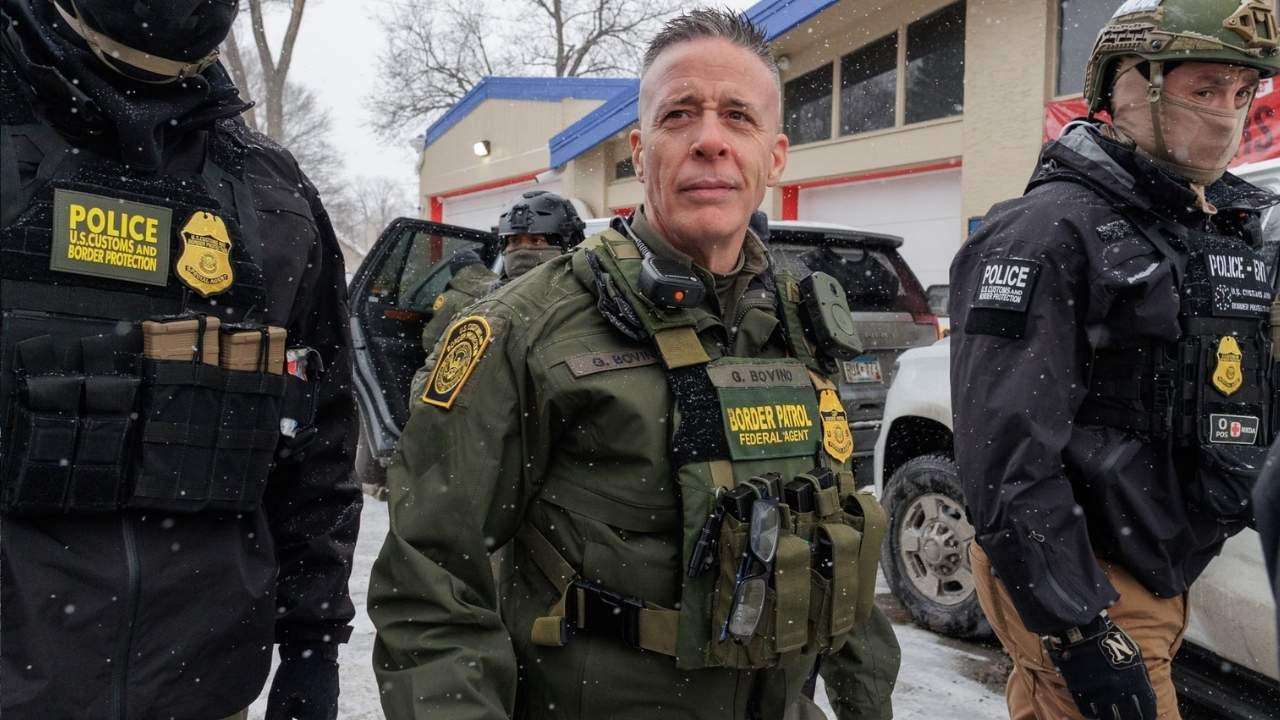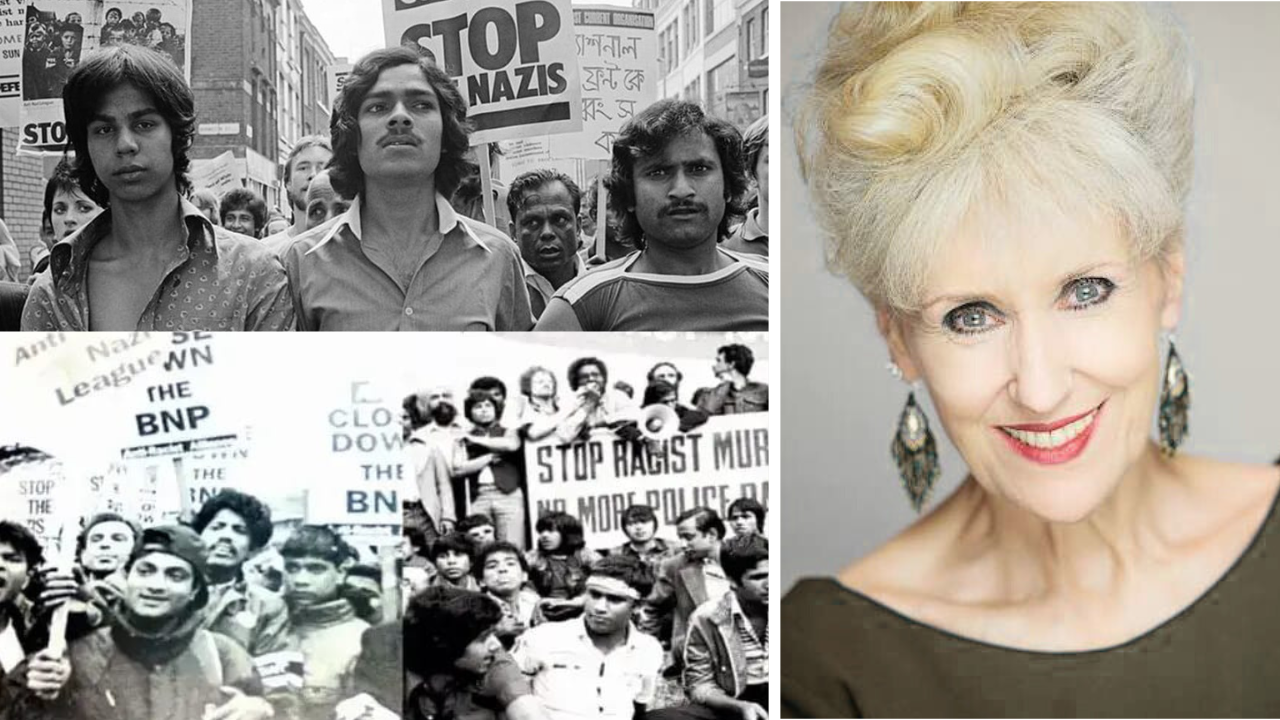EastEnders icon Anita Dobson recently revisited the East End, the place of her childhood, and described it as "completely unrecognisable in a shocking way." The actress, who grew up in Stepney Green, expressed a sense of loss, lamenting that the streets and the "sense of community" she knew are gone. She noted the area is now an "extraordinary mixture" and far more "cosmopolitan," with "many, many more different races and colours and accents and voices." Her personal reflection mourns a bygone era, with Dobson stating, "We’ve lost community... We’re not a society any more. We’re not social. People don’t talk to each other like they used to." She recalled a simpler time when her mother would leave the house key on a string through the letterbox—something she feels is unimaginable today.
The Power of East London's Transformation
While Dobson’s thoughts are rooted in a personal, understandable nostalgia for the past, the reality of the East End’s transformation—particularly in areas like Brick Lane and Tower Hamlets—is a story of immigrant resilience, economic contribution, and a hard-won fight for acceptance. The dramatic demographic shift she observed is largely driven by the British Bangladeshi community, who arrived in large numbers after WWII and established deep roots, turning Brick Lane into the UK's renowned "Curry Capital," earning the formal designation of Banglatown in 1997. This transformation is one of vibrant cultural evolution, not simply loss. The dual-language signs at Whitechapel Underground station, in English and Bengali, stand as a public recognition of this community's significant and lasting contribution.
The British Bangladeshi community is an engine of the UK's economy and culture. Beyond the internationally famous food scene—a major draw for tourism and a significant employer—members of this community contribute across all sectors, including business, healthcare, education, and politics. They are an integral part of modern British life. The idea that a cosmopolitan environment inherently leads to a loss of community is a subjective one; for the British Bangladeshi population, they have created a powerful, close-knit, and thriving community that exists within the larger British landscape, one built on shared heritage and collective struggle.
Leading the Fight Against Racism: The Altab Ali Legacy
The journey of the community in East London is inseparable from the history of anti-racism in the UK. Far from eroding British society, the community bravely stood up to the forces that sought to divide it. The period from the late 1970s was marked by intense racial tension and violent attacks by far-right groups in East London. The pivotal moment came in 1978 with the racist murder of Altab Ali, a 24-year-old Bangladeshi clothing worker, near Brick Lane.
This heinous act did not break the community; it catalyzed it. Leading a powerful civil rights movement, thousands of British Bangladeshis and their allies marched in protest, fundamentally challenging the rampant racism of the time. This collective action led to the establishment of the Altab Ali Park, serving as a permanent memorial and a constant reminder of the fight for equality and acceptance. The community's organized resistance was a leading force in pushing back against fascism and paving the way for a more diverse and tolerant East London, demonstrating a fierce commitment to British values of fairness and justice.
The Real Crisis: Power Plays and Inner Grouping in Tower Hamlets
The "shocking" change Anita Dobson sees must also be viewed through the lens of local political upheaval. The current environment in Tower Hamlets is often clouded by intense, factional power plays, particularly in the run-up to every mayoral election. This cyclical pattern of infighting and accusations is a regrettable feature of local politics and is fundamentally a struggle for the mayor's chair and influence, with the local Labour Party's inner grouping issues often playing a highly visible role.
It is crucial to understand that these political squabbles are the actions of a small, highly invested minority of activists and political operators. To allow the actions of a few hundred individuals to tarnish the reputation of an entire, vibrant community is deeply unfair. The vast majority—estimated to be 95%—of British Bangladeshi residents in Tower Hamlets are simply citizens who turn out to vote; they are not involved in the dirty inner workings, infighting, or political machinations that dominate local headlines. Blaming the entire British Bangladeshi community for the instability caused by political ambition and inter-party conflict is a profound misplacement of responsibility and an injustice to the generations who have built their lives and contributed so much to the area.








.svg)
